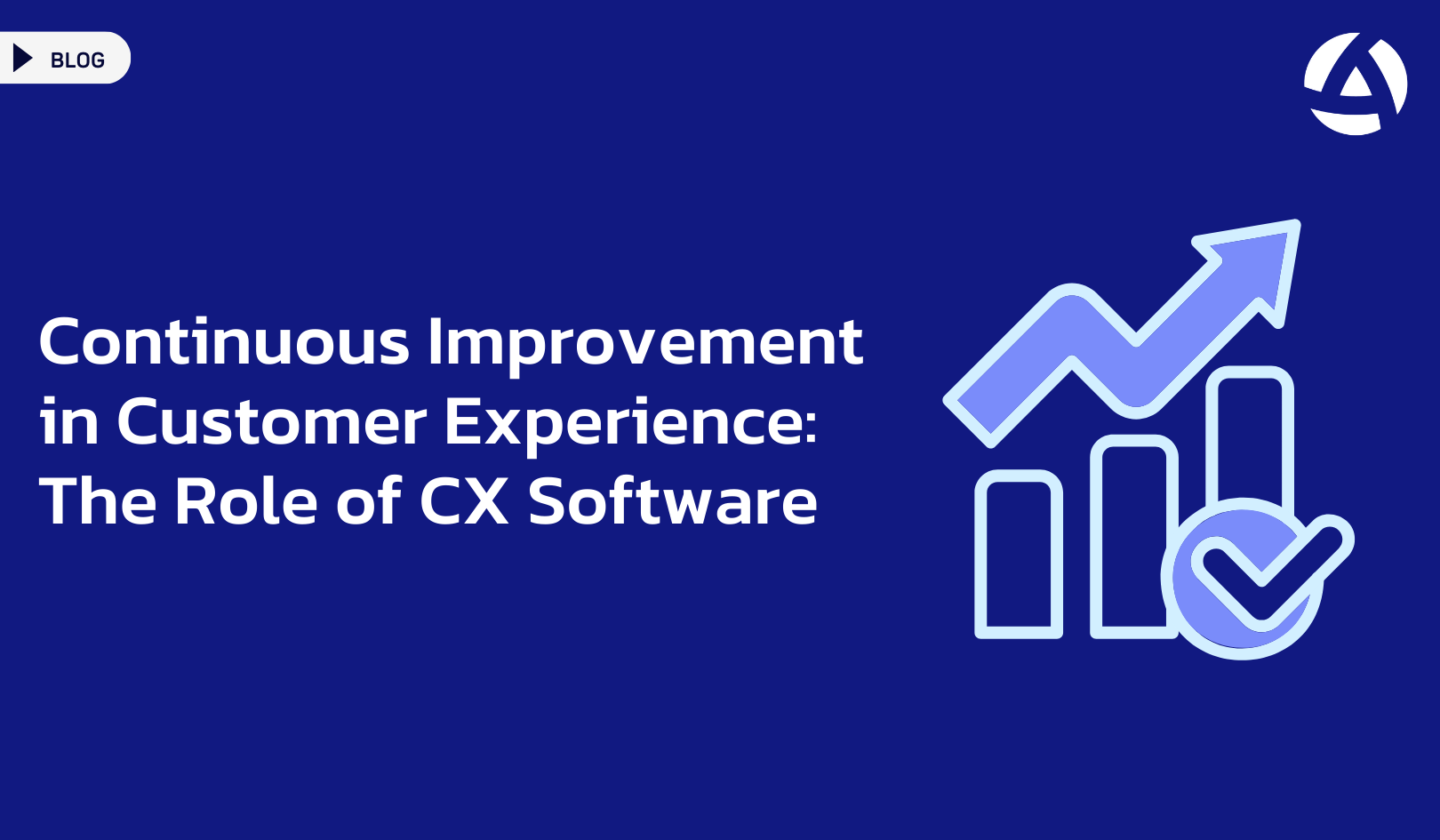Customer experience (CX) is more critical than ever, and businesses are constantly seeking ways to improve it. One of the most effective strategies to achieve this is by leveraging a CX platform that offers unified customer intelligence. This approach brings together data from various touchpoints, providing a comprehensive view of the customer journey and enabling actionable insights.
What is Customer Intelligence?
Customer intelligence refers to the integration of data from multiple sources to create a holistic understanding of the customer experience. This includes data from customer interactions, feedback, social media, and more. By consolidating this information, businesses can gain deeper insights into customer behavior, preferences, and pain points.
Benefits of Using a CX Platform for Customer Intelligence
- Comprehensive Data Integration: A CX platform can collect and integrate data from various channels, including emails, phone calls, chat interactions, and social media comments. This integration ensures that no piece of customer feedback is overlooked, providing a complete picture of the customer experience.
- Enhanced Customer Insights: With all customer data in one place, businesses can easily identify trends and patterns. This allows for a better understanding of customer needs and expectations, which can inform more effective strategies and improvements.
- Improved Personalization: Unified customer intelligence enables businesses to tailor their interactions and offerings to individual customer preferences. Personalized experiences lead to higher customer satisfaction and loyalty.
- Proactive Problem Solving: By analyzing customer data in real time, businesses can identify potential issues before they escalate. This proactive approach helps in addressing customer concerns promptly, reducing churn rates and improving overall satisfaction.
- Strategic Decision Making: Access to comprehensive customer data allows businesses to make informed decisions. Whether it’s launching a new product, modifying existing services, or crafting marketing campaigns, the insights gained from unified customer intelligence guide strategic planning.
Implementing Customer Intelligence with a CX Platform
To effectively implement unified customer intelligence, businesses need a robust CX platform. Here’s how to get started:
- Choose the Right CX Platform: Select a platform that offers comprehensive data integration capabilities and advanced analytics. Look for features such as real-time data processing, customizable dashboards, and seamless integration with existing systems.
- Data Collection and Integration: Ensure that the CX platform can capture data from all customer touchpoints. This includes CRM systems, social media channels, customer support tools, and feedback forms.
- Data Analysis and Visualization: Utilize the platform’s analytics tools to process and visualize the data. Interactive dashboards and reports can help in understanding complex data sets and deriving actionable insights.
- Continuous Monitoring and Optimization: Regularly monitor the data and adjust strategies based on the insights gained. Continuous improvement is key to maintaining a high level of customer satisfaction.
- Training and Support: Provide training for your team to effectively use the CX platform. Continuous support and updates from the platform provider can also ensure smooth operation and maximum benefits.
Conclusion
Customer intelligence is a powerful approach to enhancing the customer experience. By integrating and analyzing data from various sources, businesses can gain valuable insights that drive personalized and proactive customer interactions. Implementing a CX platform is essential for harnessing the full potential of unified customer intelligence, leading to improved customer satisfaction and business growth.
A well-chosen CX platform not only simplifies the process of data integration and analysis but also empowers businesses to make strategic decisions that enhance the overall customer experience. Investing in such a platform is a step towards building stronger, more meaningful relationships with customers, ultimately driving success in a competitive market.




